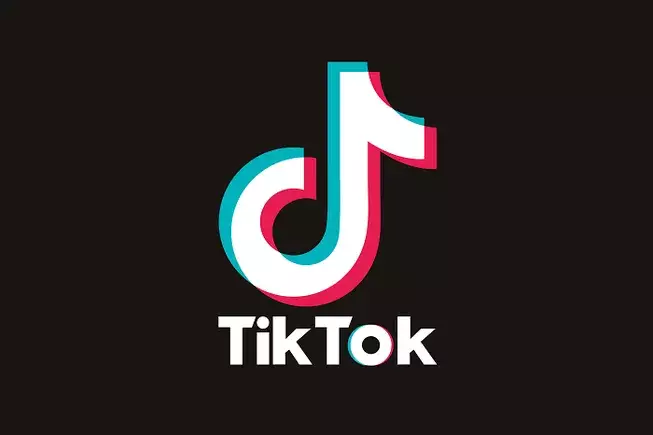The saga of TikTok in the United States continues to unfold, casting a spotlight on the complex intersection of technology, national security, and regulatory frameworks. After a period of intense scrutiny, TikTok has regained its standing in the American app ecosystem, once again available for download through both the Google Play and Apple App stores. This development comes in the wake of legal assurances provided to these tech giants, effectively alleviating their concerns regarding potential penalties for offering access to the app, which had been classified as technically banned.
The backdrop to this reinstatement is the “Protecting Americans from Foreign Adversary Controlled Applications Act,” introduced under the Biden administration. This piece of legislation stipulated that TikTok would be required to divest to a U.S.-based entity by a specified deadline or face a ban. However, in a twist of events following President Trump’s inauguration, he signed an executive order extending TikTok’s operational timeline by an additional 75 days. The implications of this decision remain murky, as it does not outright nullify the original legislation but opens the door for further negotiations regarding the app’s ownership.
This uncertain regulatory climate has prompted major technology companies to tread cautiously. Both Apple and Google initially removed TikTok, alongside other applications owned by ByteDance, from their platforms, reflecting apprehensions regarding compliance with federal regulations. However, the stance of Oracle, which has maintained its support for TikTok, indicates a divergence of approaches among tech firms when it comes to engaging with potentially problematic applications.
In a recent shift, Attorney-General Pam Bondi provided crucial legal guarantees to both Apple and Google, ensuring that they would not face repercussions for facilitating TikTok’s availability. This clearance not only reinstates TikTok’s accessibility within the U.S., but also enables other ByteDance-owned applications to remain operational, at least until the conclusion of Trump’s 75-day negotiation window. This respite is significant for app users who previously downloaded TikTok, ensuring uninterrupted access as discussions continue around the platform’s future.
While TikTok’s position appears stabilized for now, the question of long-term viability remains fraught with uncertainty. Recent reports indicate that the Trump administration has been in dialogue with several major tech firms—most notably Microsoft, Oracle, and Amazon—regarding a potential acquisition or partnership. Although the specifics of any arrangement remain ambiguous, various proposals have been suggested, including a potential stake for the U.S. government in the app’s ownership structure.
A formidable obstacle in these negotiations is the necessity for Chinese governmental approval. ByteDance, TikTok’s parent company, is actively pursuing avenues to amicably navigate these diplomatic hurdles, aiming to forge a compromise that satisfies the interests of both American and Chinese stakeholders.
Adding another layer of complexity to this scenario is the personal engagement of President Trump with the app itself. With a follower count exceeding 15 million, Trump’s stated affinity for TikTok could play a pivotal role in uplifting its appeal. This connection raises questions about whether political favorability can lead to a resolution that ensures TikTok’s continued presence in the U.S. marketplace.
Nonetheless, despite this apparent leverage, Trump’s recent comments—where he humorously misidentified TikTok as “Tic Tac”—illustrate a certain disconnect between the app’s corporate significance and its public perception. Such light-hearted remarks could undermine the more serious negotiations underway, as they reflect the sometimes whimsical nature of political discourse surrounding technology.
While TikTok currently enjoys a reprieve in the U.S., the landscape is ever-shifting. The coming weeks will be crucial as stakeholders navigate ownership, regulatory compliance, and the complex political terrain that surrounds this highly popular app. As of now, TikTok’s future hinges not just on corporate deals, but also on the broader geopolitical context, making it a waiting game for users, investors, and policymakers alike. The final outcome could redefine not only TikTok but also how foreign technology companies engage within the U.S. market long term.


Leave a Reply